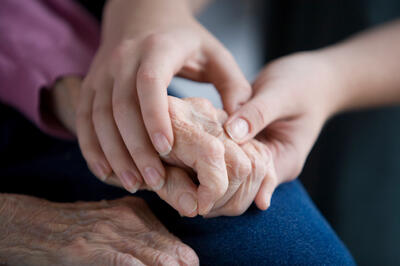
Part two of self care in the year of change will include some helpful things to do during times of illness, and conflict/dissatisfaction in our relationships. Perhaps you will find a few strategies helpful. in your journey to emotional wellness.
If you become ill
- Practice super-charged self-care. Listen to your body, sleep as much as you need to.
- Shelter in place and stay home.
- Simplify your lifestyle to reduce stress as much as possible.
- Try to eat a well balanced diet, or another other special dietary needs recommended by your doctor.
- Follow your doctor’s recommendations.
- Don’t blame yourself. Coronavirus is not selective based virus. As many public health experts and specialists have reported, some people will be reckless and not get sick; others will do everything right and get sick anyway. Getting coronavirus is not a punishment. This virus is random, infectious, and it does not discriminate between gender, race, socio-economic status, or environmental settings.
- Get as much light as possible and amid dark environments during day-light hours.
If you are experiencing relationships conflict

- It has been several months of sheltering-in-place (i.e., being confined) and stress and relationship conflicts can arise. Please be mindful that everyone is managing this situation differently; some of us can endure more stress than others. If you feel that someone is being judgmental and insensitive during these uncertain times, express it from a place of love, kindness, and concern, rather than from a place of making demands.
When trying to be proactive and positive during conflict resolution, Take some time to identify your feelings first, discuss the behavior without being accusatory, and try make request that your partner is capable of doing increasing, reducing, or refraining from a behavior you want to change.
Being proactive and positive, assume that your partner/family member’s intentions are good before reacting.
Use "I-statements" when expressing your wishes. Don’t say, “You always leave the bathroom in an untidy manner”; instead say, “I really value having a clean and tidy bathroom, do you think you can help me with that?”
Express “requests for change” instead of “demands.” Say, “It would really help me if…” instead of “I need you to…”
Consider online or in person (depending on your comfort and safety concerns during the COVID19 pandemic) relationship counseling.

Reconnect by planning a “date night” at home, play a game, watch a movie, or simply cuddle together. If you have children, do this after their bedtime.
Remind yourself that this is not the time to try to be the perfect partner or parent. We are "perfectly imperfect." We’re all a little bit more on edge than usual, and doing the best we can.
If you are a person who values your alone time, and you’re now cooped up in the house with a loved one, practice "spousal distancing" for at least a few minutes every day.

Here are five blogs previously posted that may prove helpful.
https://www.drmicheledgoss.com/mindfulness-in-the-meantime
https://www.drmicheledgoss.com/blog/254569-cultural-and-social-isolation
https://www.drmicheledgoss.com/blog/254562-creating-positive-change
https://www.drmicheledgoss.com/blog/254536-coping-with-loss-over-the-holidays
https://www.drmicheledgoss.com/blog/254515-self-nurture-self-care

